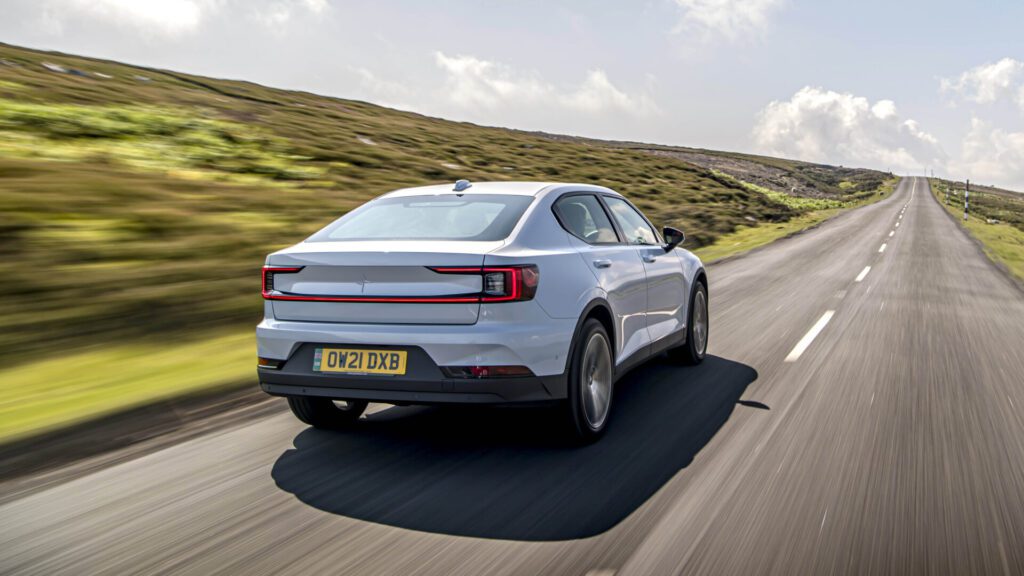Spotlight On: Polestar


Polestar is a design-focused electric performance car brand, harnessing refined performance and cutting-edge technology.
Net-Zero
Guided by the science which clearly indicates that we are currently not moving fast enough to stay within the 1.5-degree pathway outlined in the Paris Agreement, Polestar is on a mission to change this trajectory. Its goal to improve the society we live in by accelerating the change towards a fully electric and climate-neutral future for the automotive industry aligns with that of GFA’s to achieve a net positive fashion industry. It has an ambitious goal to eliminate greenhouse gas emissions from its supply chain and manufacturing process as opposed to relying on offsetting measures through the Polestar 0 project. For Polestar, there is no separating business from sustainability as it is firmly embedded at its core and within its mission. Not only is it as an organisation determined to take climate action, but rather they aim to encourage the entire industry to do the same.
Polestar recognises that electrification is only the beginning, not the end goal. Under the Polestar 0 Project, it has set out the ambition to create a climate-neutral car by 2030. This commitment has been taken further by launching a call for collaboration on the Polestar 0 project, inviting businesses, researchers, entrepreneurs, universities, investors and other actors, to join the quest toward a climate-neutral car, and a more sustainable future.
Circular Economy
Polestar is design led and believes that sustainability starts at the drawing board, and in designing away waste and finding innovative and recycled materials.
The company is taking concrete actions and a holistic approach to achieve net-zero greenhouse gas emissions and embrace solutions for a circular economy. These include circular design, circular batteries, recycled materials and renewable energy. Polestar is actively pushing the industry to embrace transparency in carbon footprint reporting, supply chain ethics, and materials traceability.
Transparency
Citizens can make informed and ethical choices with credible information based on supply chain traceability, and a crucial part of Polestar’s journey towards net-zero is transparency and traceability. Polestar uses blockchain technology to trace risk minerals throughout the supply chain, in order to promote a responsible extraction, processing and transportation, aiming to respect human rights, local communities and ecosystems. At present, cobalt and mica are traced using blockchain with more risk materials to follow. The brand also publishes Life Cycle Assessment’s (LCA) of all future models starting with the Polestar 2 – this reveals the car’s lifetime carbon footprint, covering emissions from material production, manufacturing and logistics, use phase of the vehicle, and end of life. In an effort to bring the information to consumers in an easy way, the company has introduced an industry unique Product Sustainability Declaration, clearly labeling the cars with Co2e footprint and traced materials, with plans to develop these to encompass even more sustainability metrics such as recycled content.
Immediate and long-term goals
This is the crucial climate decade to bend the emission curve and the commitments that we all take and do today will affect generations ahead, something that Polestar acknowledges. As a result, they are not only setting long-term targets for climate neutrality but also building robust roadmaps on how to get there. Polestar is determined to become climate neutral across operations by 2040 and halve its emissions by 2030.
Polestar is Global Fashion Agenda’s Principal Sponsor for Global Fashion Summit: Copenhagen Edition 2022. Find out more about our sponsors here.